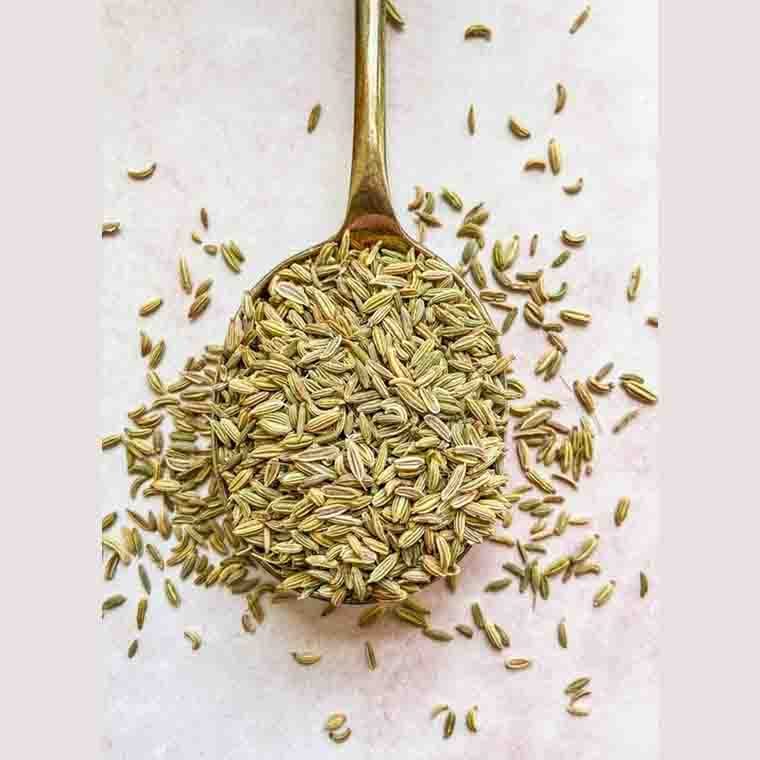Cumin and Heart Health: Positive Effects on Blood Pressure and Cholesterol
Cumin, a popular spice in many dishes, is valued not only for its unique flavor and aroma but also for its health benefits. One of the main areas where cumin can have a positive impact is heart health. This article explores how cumin affects blood pressure and cholesterol and its overall benefits for heart health.
- Effects of Cumin on Blood Pressure
High blood pressure is a common issue that can lead to cardiovascular diseases. Cumin, due to its active compounds, can be effective in reducing blood pressure:
- Lowering Blood Pressure: Studies have shown that consuming cumin can help lower blood pressure. Compounds in cumin, such as cuminaldehyde and thymol, have anti-inflammatory and antioxidant properties that can improve vascular function and reduce blood pressure.
- Vasodilation: Cumin may act as a vasodilator, meaning it can help reduce vascular resistance and improve blood flow. This can contribute to lowering blood pressure and preventing heart disease.
- Effects of Cumin on Cholesterol
High cholesterol is another risk factor for cardiovascular disease. Cumin can have positive effects on cholesterol levels:
- Reducing LDL Cholesterol: Active compounds in cumin, such as antioxidants and fiber, can help lower levels of bad cholesterol (LDL) in the blood. This can reduce the risk of atherosclerosis and other heart diseases.
- Increasing HDL Cholesterol: Cumin can also help raise levels of good cholesterol (HDL). HDL cholesterol helps clear LDL cholesterol from the bloodstream and reduces the risk of heart disease.
- Active Compounds in Cumin and Their Effects on the Heart
- Antioxidants: Cumin contains significant amounts of antioxidants that can help reduce oxidative stress and inflammation in the body. These properties help protect heart and vascular cells from damage.
- Fiber: Cumin is high in dietary fiber, which can improve cholesterol levels and control blood pressure. Fiber helps reduce cholesterol absorption in the intestines and promotes its excretion, contributing to lower blood cholesterol levels.
- Ways to Use Cumin for Heart Health
To benefit from cumin’s heart health properties, you can incorporate it into your diet in the following ways:
- Cumin Powder: Adding cumin powder to various dishes such as soups, stews, and salads is a simple and effective way to consume cumin.
- Cumin Tea: Making cumin tea is a suitable method for obtaining the benefits of this spice. Simply boil a small amount of cumin in water, strain, and drink.
- Blending with Other Spices: Cumin can be combined with other heart-healthy spices like cinnamon and turmeric and used in various dishes.
- Precautions and Important Notes
While cumin has many benefits, it should be consumed with caution:
- Consult a Doctor: Before adding cumin to your diet as a supplement for heart health, it’s advisable to consult with a doctor or nutritionist.
- Consumption Amount: Excessive cumin intake may lead to digestive issues or skin sensitivities, so it should be consumed in moderation.
Conclusion
Cumin, with its active compounds, can have positive effects on heart health, including reducing blood pressure and controlling cholesterol levels. By using cumin appropriately and in moderation, you can improve your cardiovascular health. Incorporating cumin into your diet and combining it with other healthy habits can help maintain your heart health.



